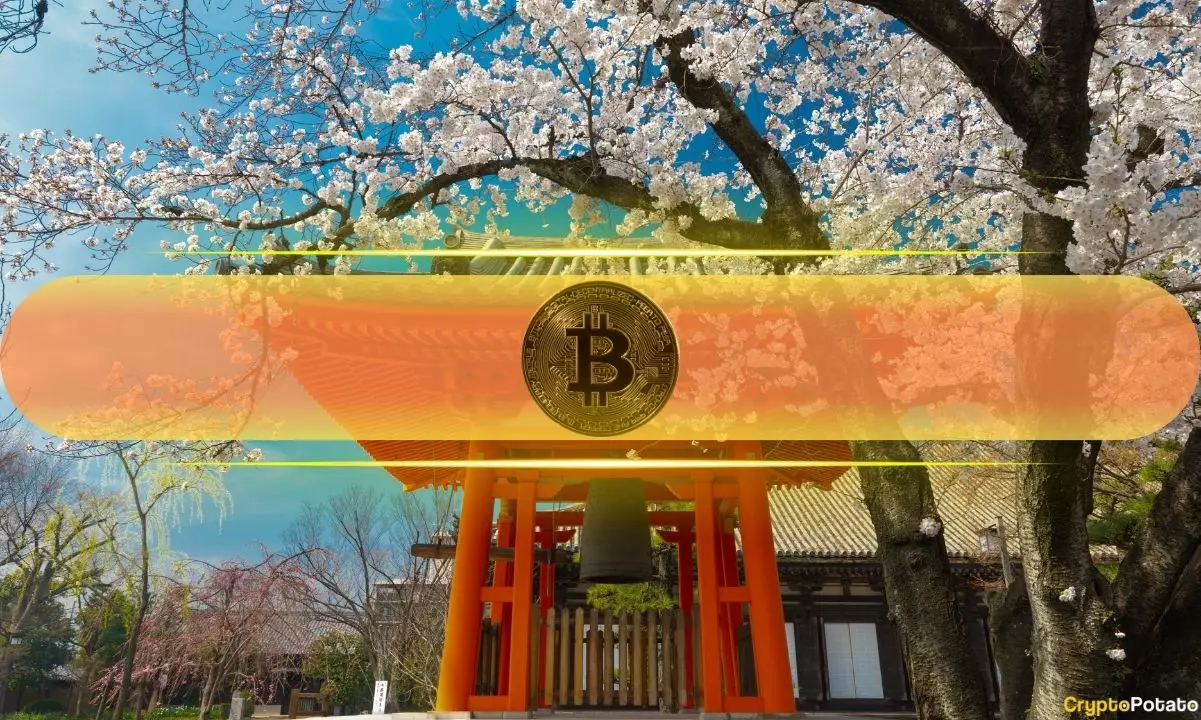In the realm of global finance, Bitcoin has transitioned from a speculative asset to a strategic geopolitical tool. Leading nations are increasingly invested in maturing their relationships with cryptocurrencies like Bitcoin, viewing them as essential to enhancing their financial independence. However, while other countries race to establish significant Bitcoin reserves, Japan is notably hesitant. This reluctance is rooted in security, liquidity, and volatility concerns, indicating a cautious approach to the emerging digital asset landscape.
The Japanese government recently articulated its stance on Bitcoin through an official statement, making clear that cryptocurrencies do not qualify under the existing legal definitions of foreign exchange reserves. Minister Shigeru Ishiba explained that the nation focuses on maintaining stability in foreign currency and bond markets, emphasizing that Bitcoin’s inherent volatility undermines these objectives. Ishiba’s remarks came in response to inquiries from relevant party members, showcasing the internal dialogue surrounding Bitcoin’s potential incorporation into national reserves.
Japan’s wariness towards Bitcoin is starkly contrasted by other nations embracing the digital currency. This highlights a broader divide among countries in adapting to the cryptocurrency wave and suggests that Japan may risk falling behind economically and technologically if it remains too cautious.
In stark contrast to Japan’s measured approach, the United States has taken an assertive stance towards Bitcoin reserves. With significant holdings from criminal seizures, totaling approximately 207,189 BTC, the US government has positioned itself strategically in the crypto landscape. Political advocates, including President-elect Donald Trump, support leveraging Bitcoin to bolster national reserves, drawing optimism towards cryptocurrencies as potential stabilizers in financial volatility.
Moreover, states like Ohio have expressed support for incorporating Bitcoin within their financial strategies, showcasing the growing momentum for cryptocurrencies at both state and federal levels. These developments invite discussion around Japan’s minimal involvement, questioning whether its monetary policies can withstand the advantages sought by more aggressive adopters.
International Examples: Russia and the Appeal of Digital Assets
Russia is another nation looking to navigate the cryptocurrency waters, as evidenced by lawmaker Anton Tkachev’s recent proposals to establish a strategic Bitcoin reserve. In sanctioned environments, the appeal of cryptocurrencies as viable alternatives to unstable traditional currencies grows, suggesting that Bitcoin may offer solutions to countries facing economic pressures. This trend further underlines the importance of national strategies regarding Bitcoin reserves as economic adaptability becomes crucial in unpredictable global markets.
As countries like Russia and the US seek to integrate Bitcoin into their financial frameworks, Japan’s restraint poses questions about its future economic strategies. As the global financial landscape continues to evolve, Japan must weigh the potential benefits of digital assets against its cautious principles rooted in stability and security. Failure to engage with these digital currencies could hinder Japan’s financial competitiveness in a rapidly advancing technological world.

